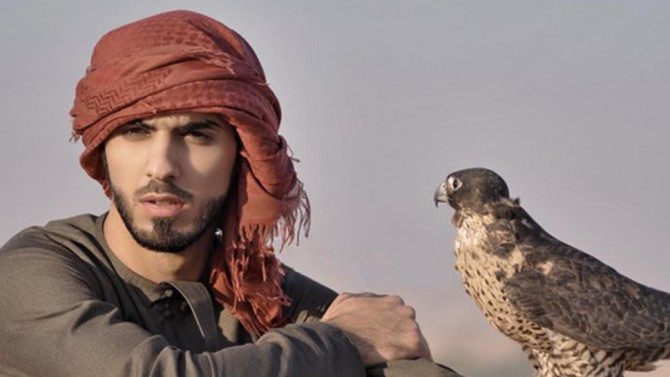
By Ellen Wulfhorst
LONDON, Dec 1 (Thomson Reuters Foundation) – As a transgender man from Saudi Arabia, where his identity could see him jailed and flogged, Salman Al-Dukheil waited decades before speaking out about who he is – or who he was.
“My name wasn’t Salman when I was born about 28 years ago. It was Salma,” the business student said on Thursday. “I was a biological girl.”
His outing at Trust Women, a women’s rights and trafficking conference run by the Thomson Reuters Foundation, marked the first time he has spoken publicly about his story, he said.
“I realised that there’s others out there,” the balding, bearded Al-Dukheil said.
“If I can help one person, if one person can somehow benefit from my having gone through this, why not? I kind of hope for a ripple effect.”
Saudi Arabia has no law against transgender people, but the desert kingdom has carried out arrests for cross-dressing and ordered the imprisonment and flogging of men accused of behaving like women, according to the U.S.-based Human Rights Watch.
Homosexuality is illegal in Saudi Arabia and punishable by death. Same-sex sexual contact is still illegal in about 72 countries, according to recent legal changes and the International Lesbian, Gay, Bisexual, Trans and Intersex Association (ILGA).
While stigma against LGBT communities is lessening in some countries, transgender people still live at risk in some countries, according to The Trans Murder Monitoring project, coordinated by LGBT rights group Transgender Europe.
More than 2,000 transgender and gender diverse people were murdered in 65 countries between 2008 and 2015, it said.
Several countries, including Malaysia, Kuwait and Nigeria, have laws that outlaw transgender people, Human Rights Watch said.
Born to Saudi parents, Al-Dukheil was raised in the United States and in Saudi Arabia, where he has worked as a transgender man. He now attends graduate school in Chicago.
The youngest of five children, Al-Dukheil said he approached his family members, who were supportive, about being transgender when he was an adolescent. He has undergone hormone treatments and surgery.
He offered a few words of advice gleaned from introducing himself as a transgender man to unsuspecting strangers.
“Make them like you. Open up to them,” he said. “Make it harder for them to push you away.
“At the end of the day, I’m just a person. This is just part of who I am.” (Reporting by Ellen Wulfhorst, editing by Belinda Goldsmith; Please credit the Thomson Reuters Foundation, the charitable arm of Thomson Reuters, that covers humanitarian news, women’s rights, trafficking, property rights and climate change. Visit news.trust.org)











